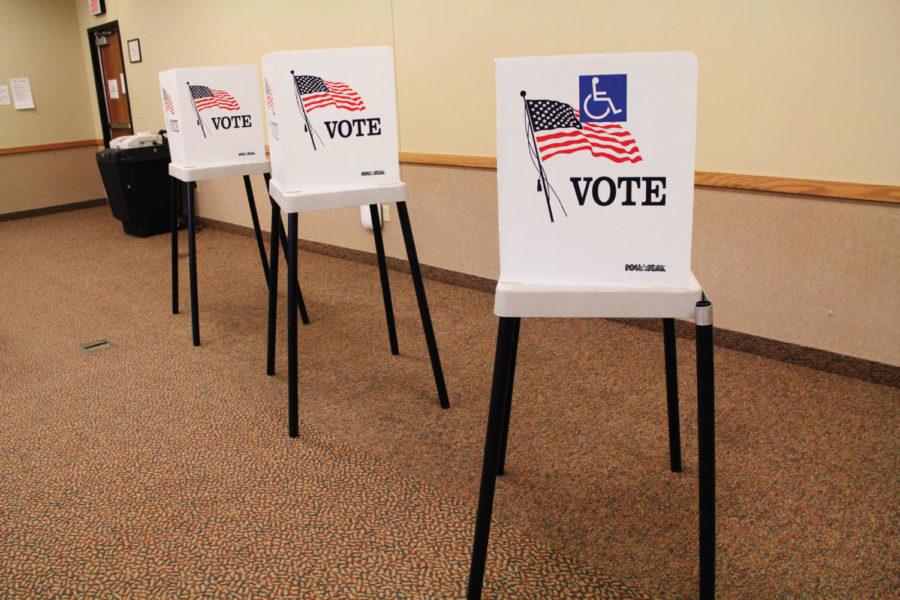Rinehart: Voter ID requirement would protect vulnerable system
February 23, 2012
Lately, there has been a lot of talk about a new bill passing through the Iowa Legislature. This bill has passed through 31 other state legislatures throughout the country. It is known as the voter ID bill and it, like most other bills that pass through the legislature, has been causing quite a stir along partisan lines.
The bill proposes that after the November 2012 elections, all people wishing to cast a vote show a form of photo identification. This can range from anything such as a student ID with a valid expiration date to a passport. It seems pretty minimal, but it has a lot of people from the left side of the aisle in a rage.
The Democrats have been arguing since the introduction of the bill that this will decrease voter turnout of those who lean left. They argue that identifications are too expensive for some people to obtain and therefore create a hindrance for people wishing to vote.
What the liberal media and strong spoken Democrats fail to realize is — in the event of the bill coming to pass through the legislature and made a law— state issued IDs would then be free. Another facet of the bill the left has conveniently forgotten is the minor detail of being able to have someone who possesses a photo ID “attest to the identity of the person who doesn’t have one.”
Virgil Goode, a Democrat-turned-Republican U.S. representative, said, “It is a sign of the times that the absence of meaningful ID requirements in many states leaves our voting process vulnerable to fraud and allows legal votes to be cancelled out by illegally cast ballots.”
With this, Goode got me to thinking: The voting booth is quite possibly the most egalitarian aspect of politics that exists today. In the voting booth, no singular vote carries any more weight than any other singular vote. Each is worth the same whether it is cast by a man or a woman, a 75 year old or an 18 year old. Each vote carries an equal weight despite religious backgrounds, race or sexual orientation.
For some, the right to vote was granted when the country was in its infancy. For others, it was a struggle against strong oppositional forces to be given the right to vote. The bill in question, it seems to me, is only protecting the right a large majority of the population have had to fight for. The proposed bill simply wants to protect the vote for the legally eligible voter.
When oppositional forces want to argue the complexity of obtaining a viable ID, I simply wonder: How can a person function in today’s world without a form of photo identification? It seems everywhere a person goes these days, a photo ID is needed. Photo IDs are needed to cash checks, for nearly all employment papers, to fly, even some shopping stores require photo ID when paying with credit or debit cards. Nearly anything a person does, a photo ID is required.
To say that not allowing those without a photo ID to vote would be detrimental to voting outcomes seems a little farfetched as the IDs are so prevalent in our society. If there is a person over the legal voting age who has been able to become a productive member of society without a photo ID, I say congratulations. You have achieved the feat of flying under the radar even the most scheming of people could not accomplish.
The bill in question is not an act of trying to increase one party’s outcomes over another or trying to squelch the minorities; it is simply a bill to ensure legality of the voters. Nobody should advocate for illegal ballots to skew the ballots of those who have always followed the rules and cast legal votes. We should not forget those who granted our rights to vote, because the moment we allow illegal voters to enter our booths is the moment our ancestors’ hard work is nothing more than another chapter in a history book.

















